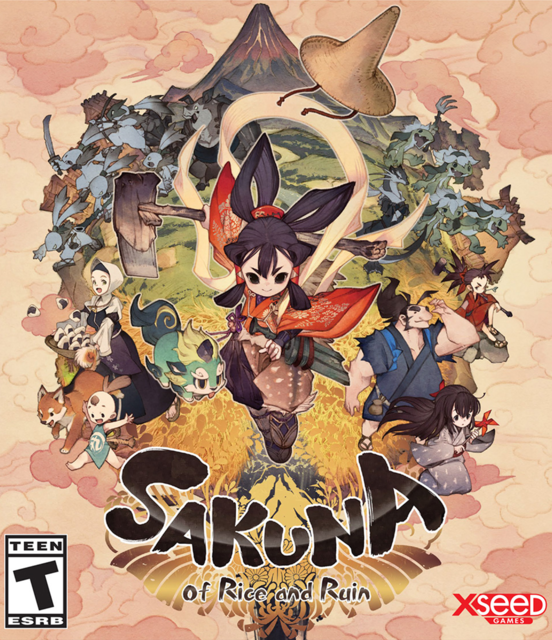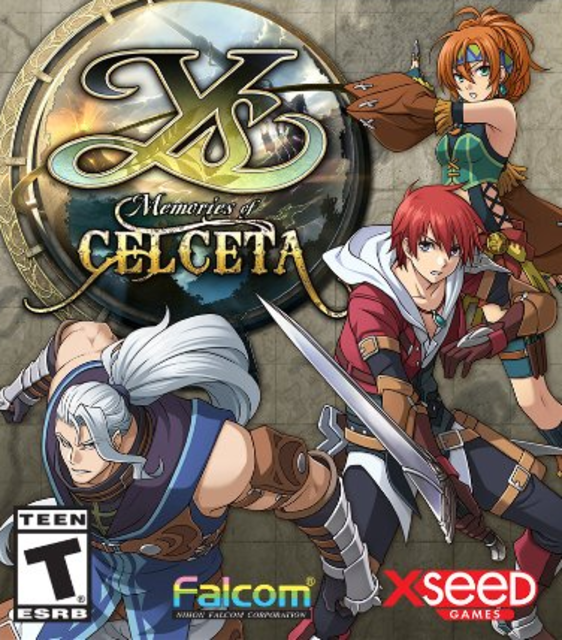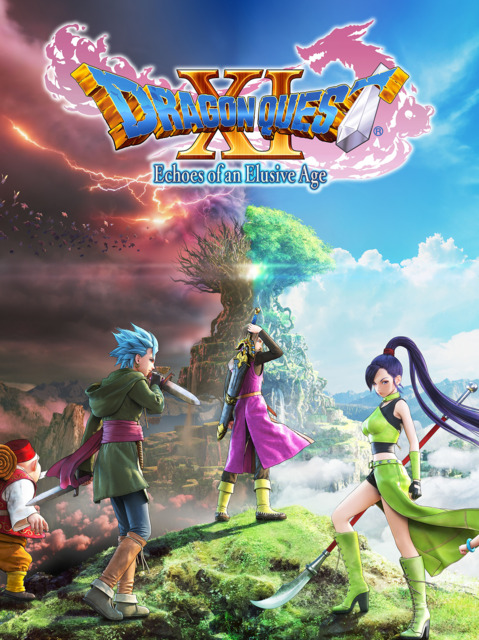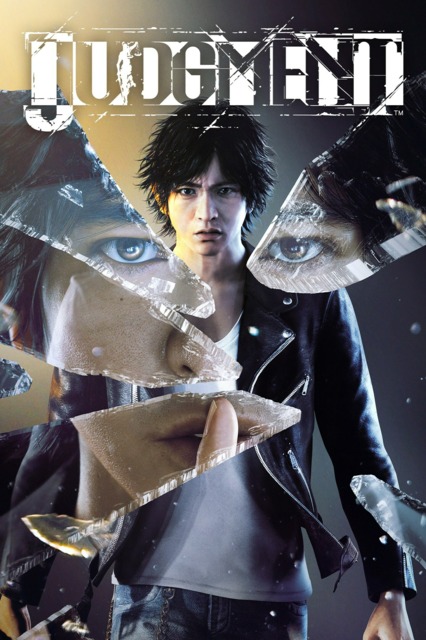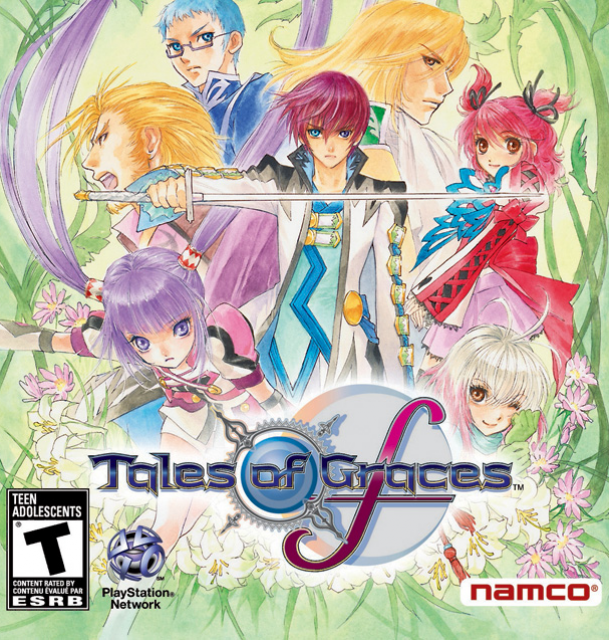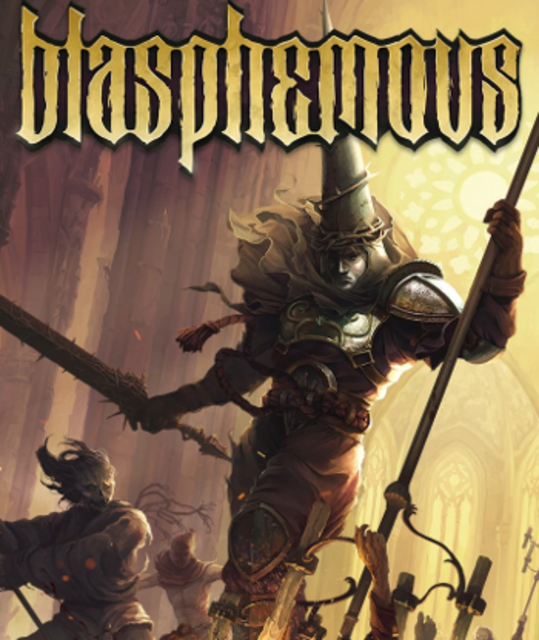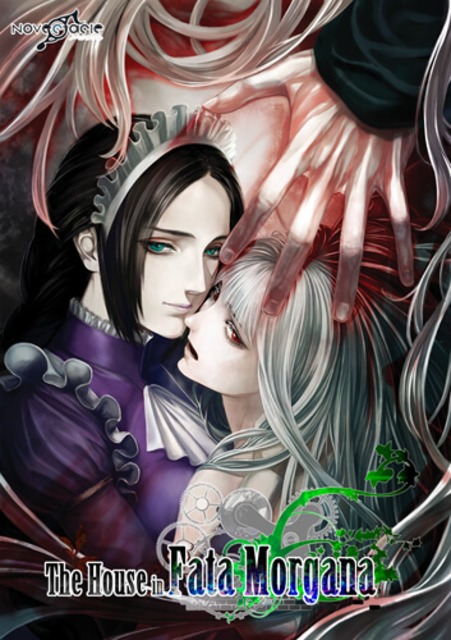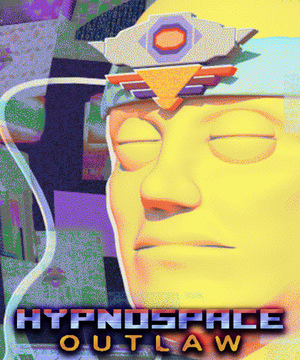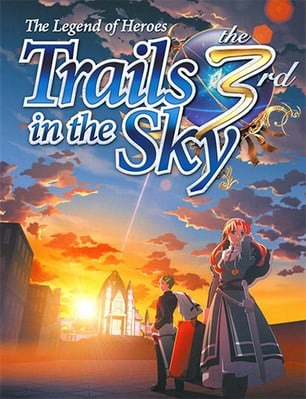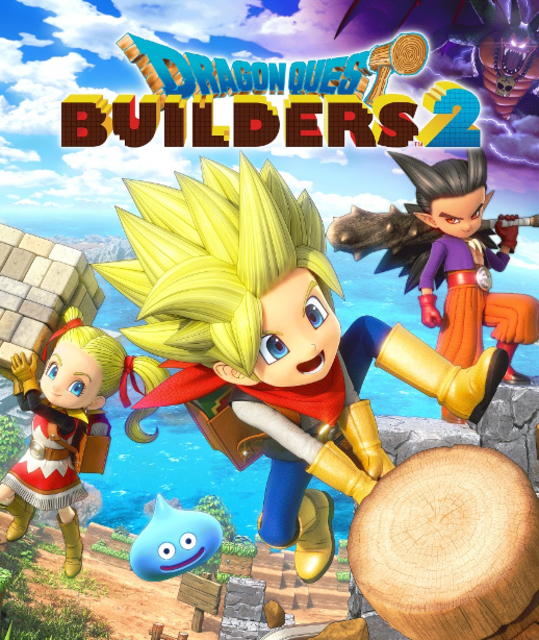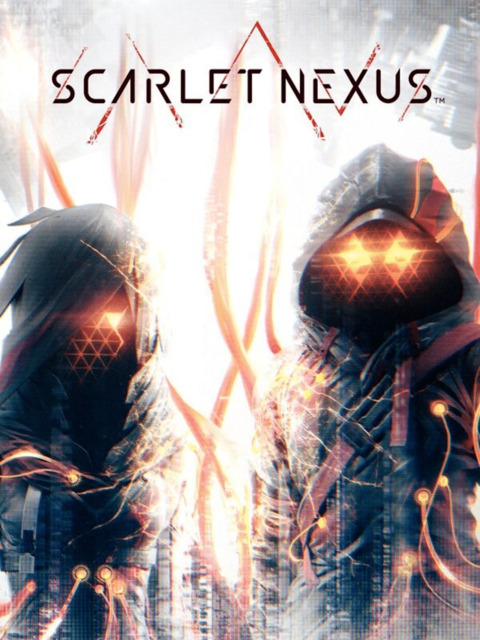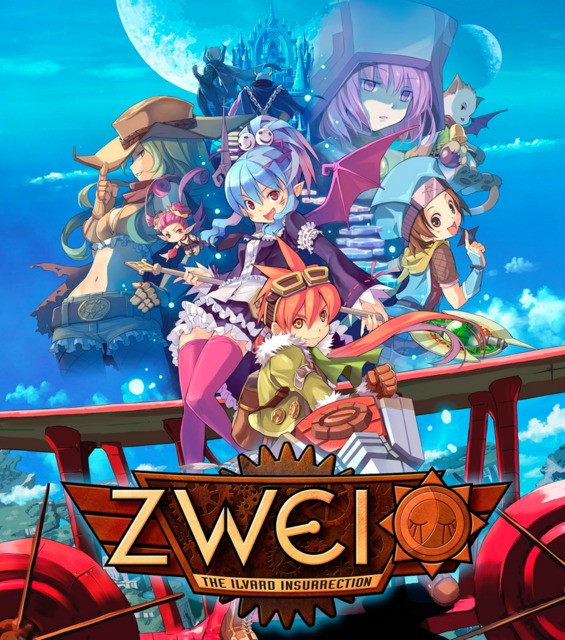Twelve Incredible Games Played in 2021 That Were Not From 2021 (Except for One of Them)
Yo, I played some video games this year. Weird. Unfortunately, I've played very few from the year itself, so I'll be reserving most of January to do some last-minute (well, post-last-minute) cramming to get myself up to an adequate list of ten. However, since this is the end of the year and all I figured I should at least put something up as a GOTY-related placeholder.
So, to celebrate what turned out to be a fantastic year of not-particularly-current gaming, here's twelve exceptional games I played in 2021 that, well, were not released in 2021 for the most part. I've gone with one choice per month to create a sort of "year in review" retrospective.
(And, yeah, I kinda stole this idea from ArbitraryWater. He does these "old GOTY" lists every year too, along with his actual GOTY. I probably should've stolen it earlier. Honestly, I should just steal more in general. There's a new year's resolution.)
(Also, also, many of these games will turn up in the soon-to-be-tweaked GOTY (Adjusted) series. I've linked to the 2019 list here, which also has links to all the previous, but I should have a newly minted 2020 list ready to go sometime after the new year. In fact why don't I throw in this year's List of Games Beaten for more rundowns and the also-rans.)

